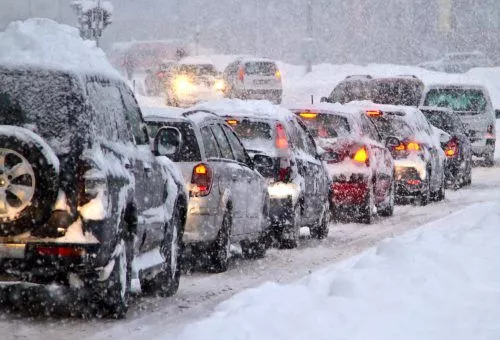
With colder temperatures in the forecast, it won’t be long until winter driving conditions become the norm for many across the state.
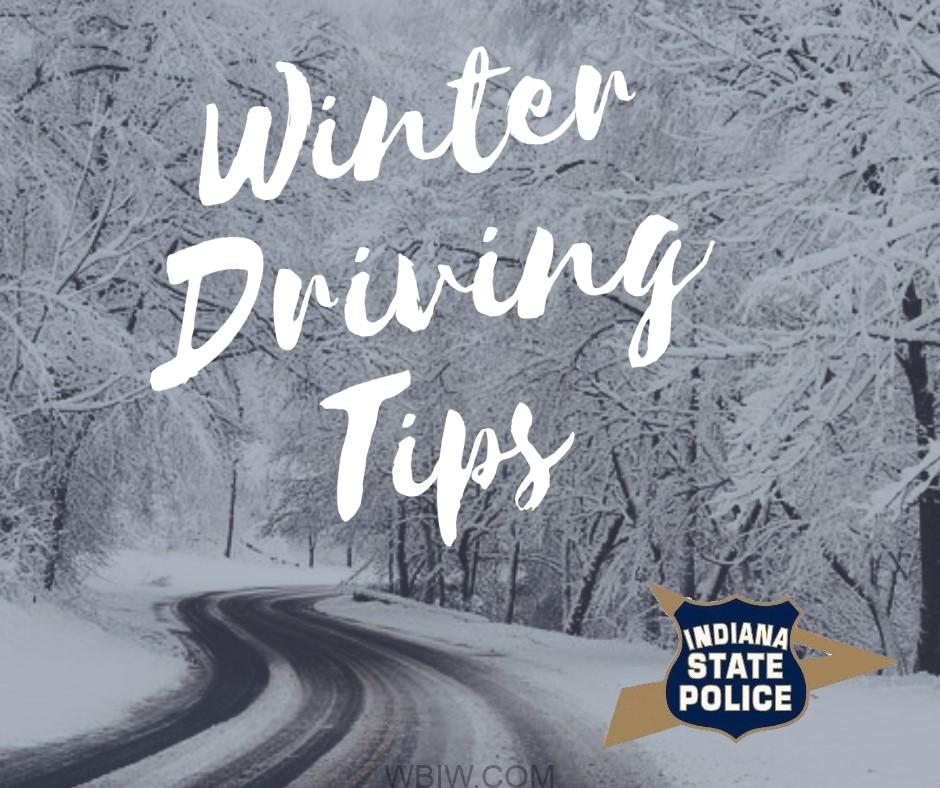
Unfortunately, many will only think about driving in snow and ice once confronted with the task. However, with the unseasonably warm temperatures, now is the time to prepare.
There is much that can be said and learned about winter driving. Below are a few common sense tips, along with information gathered from the National Highway Traffic Administration (NTHSA) and the Insurance Institute for Highway Safety (IIHS).
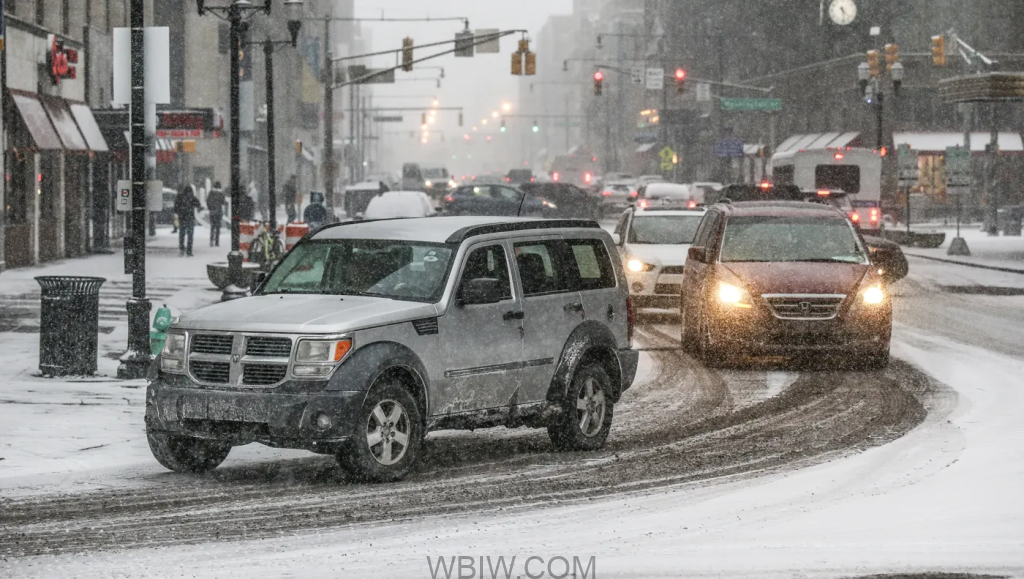
Taking time to educate and prepare yourself now can save you a lot of time, money, and headaches once the inevitable winter weather hits. In 2020, an estimated 25,000 injury crashes occurred in wintry conditions according to NHTSA.
What can you do now?
- Tires – As outside temperatures drop, so does the tire’s inflation pressure. Ensure your tires are correctly inflated to the recommended pressures. To find the recommended pressure for your vehicle, check the label on the driver’s side door jam or in the owner’s manual. Don’t use the tire pressure listed on the tire’s side, as this is generally the maximum pressure, not the recommended pressure. The tread should be at least 2/32 of an inch or greater on all tires. Remember your spare!
- Snow tires? – All-weather tires are great for everyday use, but tests have shown that snow tires can significantly increase your traction on snow and ice compared to all-season tires. All-Wheel drive, traction control, and other computerized systems on your car are great for helping to maintain or regain traction, but they won’t increase your traction.
- Battery – Your car’s battery is also negatively affected by cold temperatures. Now is an excellent time to check your battery and charging system.
- Wipers – Worn or damaged wipers are no match for snow and ice. Check and replace them if needed.
- Wiper Fluid – During heavy snow or on a slushy roadway, it is easy to empty your washer reservoir. Make sure to top it off now with a winter-grade fluid.
- Emergency Kit – Even for the safest drivers, crashes, breakdowns, and getting stuck on an unplowed road can happen. Don’t be caught off-guard; have an emergency kit with a blanket, flashlight, jumper cables, road flares, or emergency lights available. You may also want to pack a small shovel and some kitty litter or sand to help get “unstuck.”
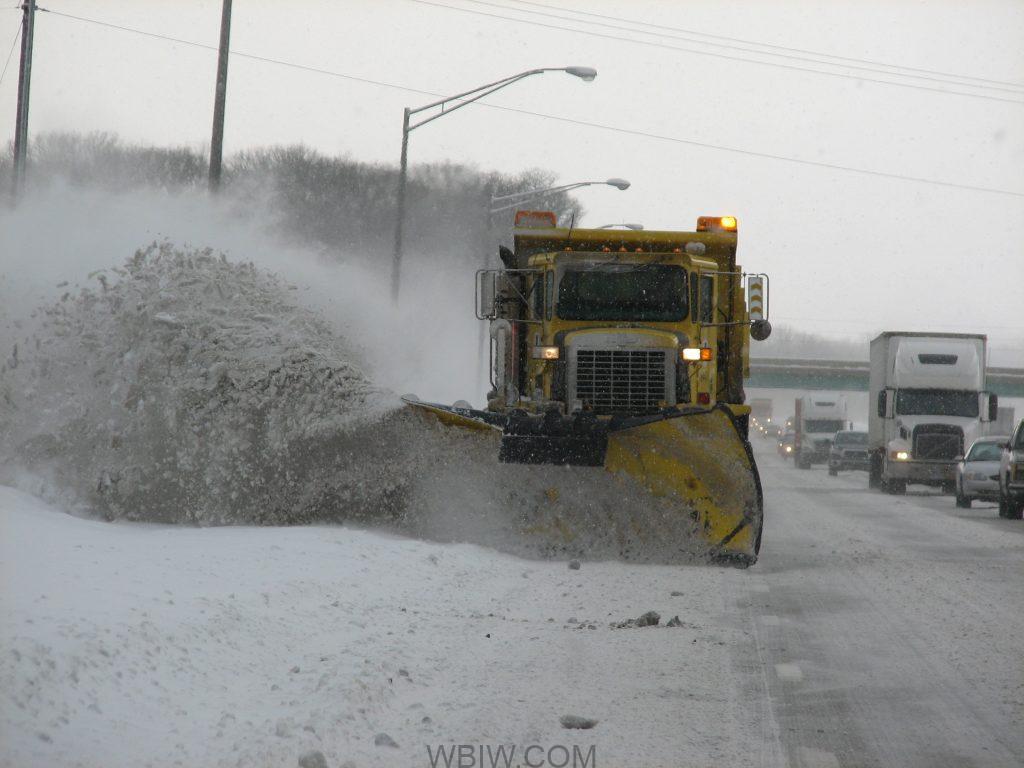
When you hit the road.
- Make sure you dress appropriately when headed out-coat/gloves/hat? That quick trip to the store could turn into an hour’s wait for a wrecker or to dig yourself out.
- Clear your windows and lights of snow and ice, and make sure you can see and BE SEEN.
- Leave early.
- Slow down.
- Increase your following distance. Instead of your normal 3-second distance, increase it to eight or ten seconds on slick roadways.
- Accelerate and brake slowly and smoothly.
- Turn off your cruise control.
- Buckle UP / Phone Down
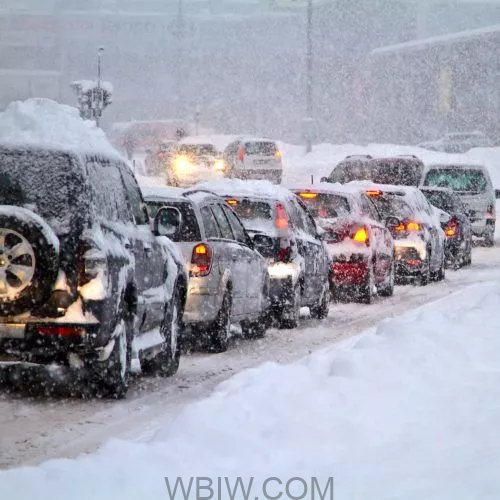
Be patient and courteous with others.
- Don’t crowd snowplows or drive beside the truck on two-lane roads. Indiana Department of Transportation (INDOT) employees will be working very hard to keep the roads moving; give them the space they need.
- Check on family and neighbors who may not be capable of driving in winter conditions.



